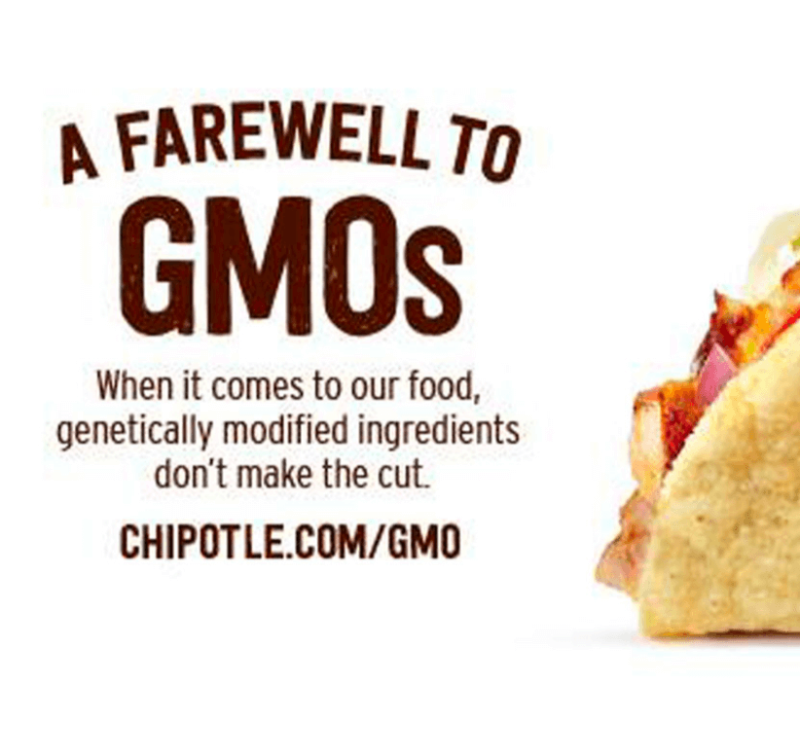[Editor’s note: Joseph Perrone is the Chief Science Officer at the Center for Accountability in Science.]
[Spring 2017], Chipotle reinforced its better-for-you branding with an announcement that it had become the nation’s first major restaurant to prepare its food without added colors, flavors or preservatives and as always, free of GMOs or antibiotics. A world free of scary-sounding chemicals would be just a burrito away, the Fortune 1000 restaurant implied.…
[R]eports surfaced [July 2017] that 135 customers have … experienced symptoms of norovirus after visiting a Chipotle location just beyond the Beltway….
After intermittent cases of foodborne illnesses in 2016 and Chipotle-linked outbreaks of E. coli in fourteen states the year prior, the fact of the matter stands that marketing gimmicks like “GMO-free” and “preservative-free” don’t make food any safer.
…
According to Pew Research Center, a majority of Americans believe organic produce is healthier, and many erroneously believe it to be safer than conventional or genetically engineered alternatives. Yet Chipotle’s most recent shareholder report was right to caution that the chain “may still be at a higher risk for food-borne illness occurrences than some competitors due to our greater use of fresh, unprocessed produce and meats” and a preference for traditional cooking methods. A disclosure filed by Chipotle in 2015 identified local and organic products as additional sources of contamination.
The GLP aggregated and excerpted this blog/article to reflect the diversity of news, opinion, and analysis. Read full, original post: Chipotle’s problems are bigger than its messaging































